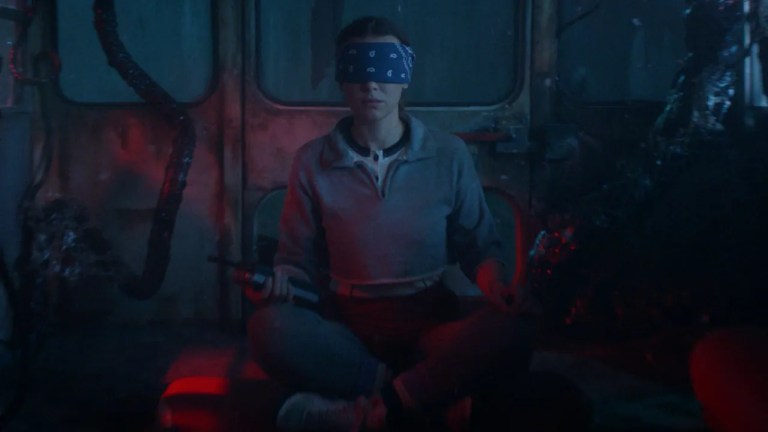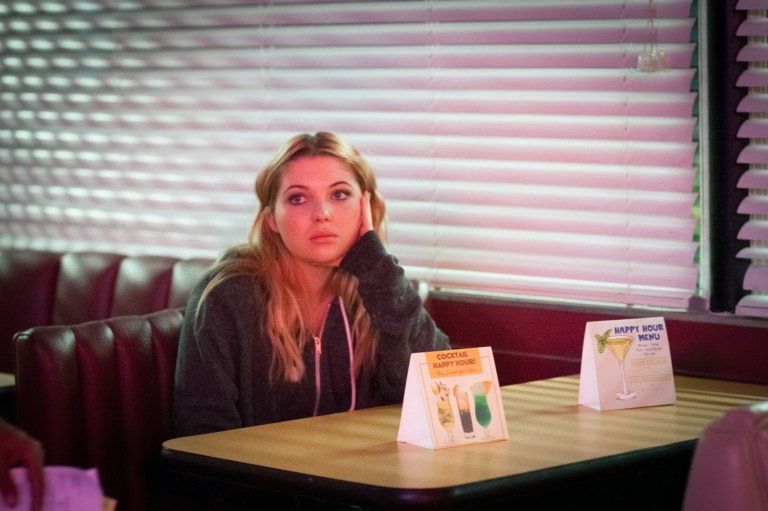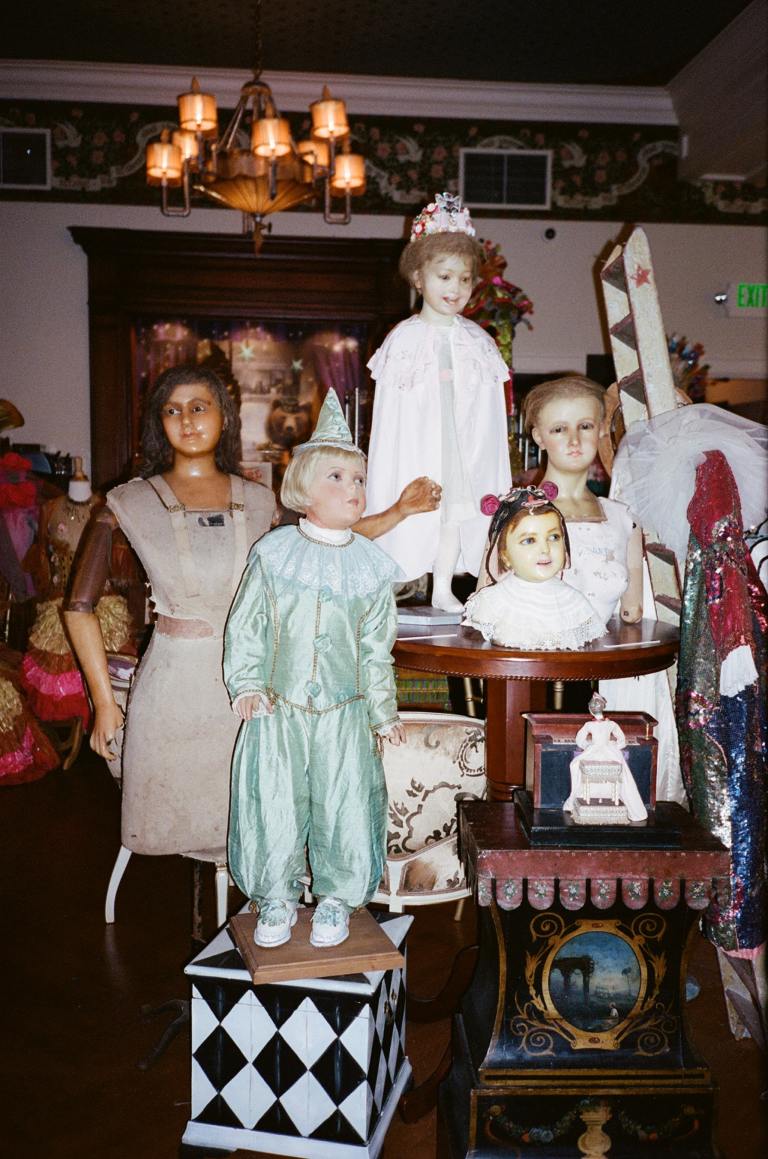
This Is What PTSD Really Is, Because It’s Not Just Nightmares And Temper Tantrums About Nothing
It only happens to soldiers.
It’s the result of immense trauma.
It is impossible to diagnose.
Unspoken: “and you have not earned the title.”
Nobody can deny that post-traumatic stress disorder is complex. Nobody – me, least of all – will tell you it’s easy to diagnose or treat. But, with news of the suicides of Parkland survivors bringing PTSD to the front of our minds, now may be the only chance we have to talk about it.
We’re used to thinking of PTSD in military terms because until the First World War, it was very rare for a civilian to encounter this level of violence in day to day life. We’re used to thinking of it as extreme outbursts of violence, strange behavior, inexplicable fear. In reality, PTSD can occur when someone experiences any kind of traumatic event – including any kind of long-term trauma that can come from childhood abuse and neglect. There is a lot to it, too – the bad episodes are just when it’s the most visible.
If anything, PTSD is about what you don’t do as much as it is about what you do.
It’s about the friends you don’t see.
It’s about the calls you don’t pick up.
It’s about the guilt, the weight that only gets heavier as you isolate yourself more.
It’s about the moment when the phone stops ringing.
It’s about the voice at the back of your head getting this bit louder by the day.
It’s about the moment when you’re too tired to fight it anymore.
PTSD isn’t just moments of extreme action. It’s a never-ending drip-drip-drip of stress, a slow water torture that never, ever seems to end.
It’s dangerous. It’s hard. And it’s not enough for you to have a strong friend group.
You have to reach out yourself, and turn off the tap. ![]()










